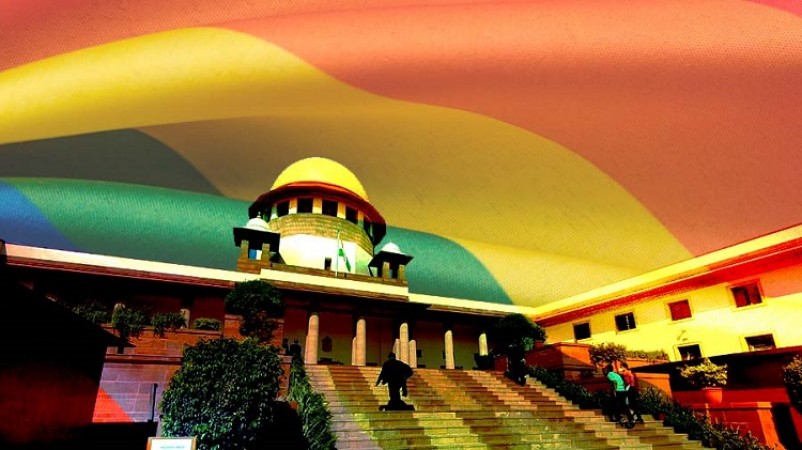
NEW DELHI: The Supreme Court today, April 26, removed a total prohibition on developmental projects within eco-sensitive zones (ESZs) that extend at least 1 kilometer around safeguarded wildlife sanctuaries, national parks, and forests.
A panel of judges led by Justice BR Gavai updated their prior decision from June 2022 and stated that any actions occurring within eco-sensitive zones (ESZs) must adhere to the guidelines provided by the Union Ministry of Environment, Forests, and Climate Change (MoEFCC) in February 2011 as well as the 2022 office memorandum of an expert committee on ESZ.
In cases where the MoEFCC has issued relevant notifications, the 2022 prohibition will not apply, said Justices Vikram Nath and Sanjay Karol who were also on the court.
Additionally, the ban will not be enforced in eco-sensitive zones located on inter-state borders or have common boundaries. The court ruled that mining is not permitted inside national parks or within one km of their boundaries. The Union Ministry of Environment, Forests, and Climate Change's February 2011 guidelines for ESZs highlight the acts that are highly prohibited and carefully restricted, the court also acknowledged. The court ruled that mining is not permitted inside national parks or within one km of their boundaries.
The MoEFCC's February 2011 guidelines for ESZs highlight the acts that are highly prohibited and carefully restricted, the court also acknowledged.
The development of crucial public facilities like schools, hospitals, and dispensaries has been negatively impacted by the restrictions on construction activities, said the Additional Solicitor General Aishwarya Bhati, who spoke on behalf of the Union government during the court proceedings.
The 2011 guidelines, which outline the activities that are both prohibited and allowed within the buffer zones, were upheld, Bhati assured the court.
The court's amicus curiae, attorney K Parmeshwar, indicated support for the June 2022 decision's revision. He cited the Scheduled Tribes and Other Traditional Forest Dwellers Act, which allows forest dwellers to construct basic amenities for their needs.
Parmeshwar claimed that this regulation is rendered meaningless by the construction prohibition, particularly given that the majority of forest residents reside within ESZs.
Surat Court to deliver verdict on Rahul Gandhi's plea likely today
'This is a serious threat to democracy..', Supreme Court will hear the Atiq-Ashraf murder case